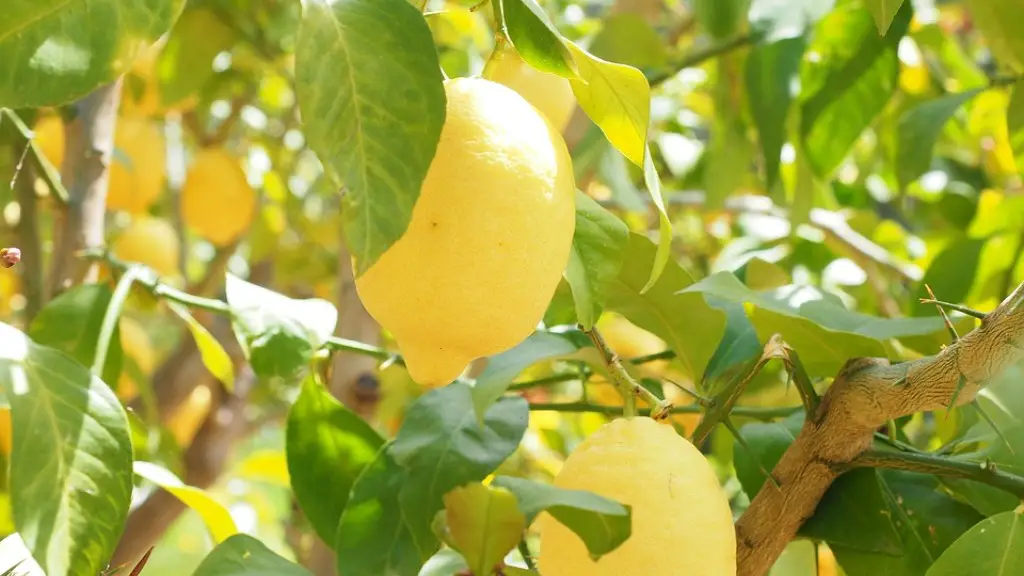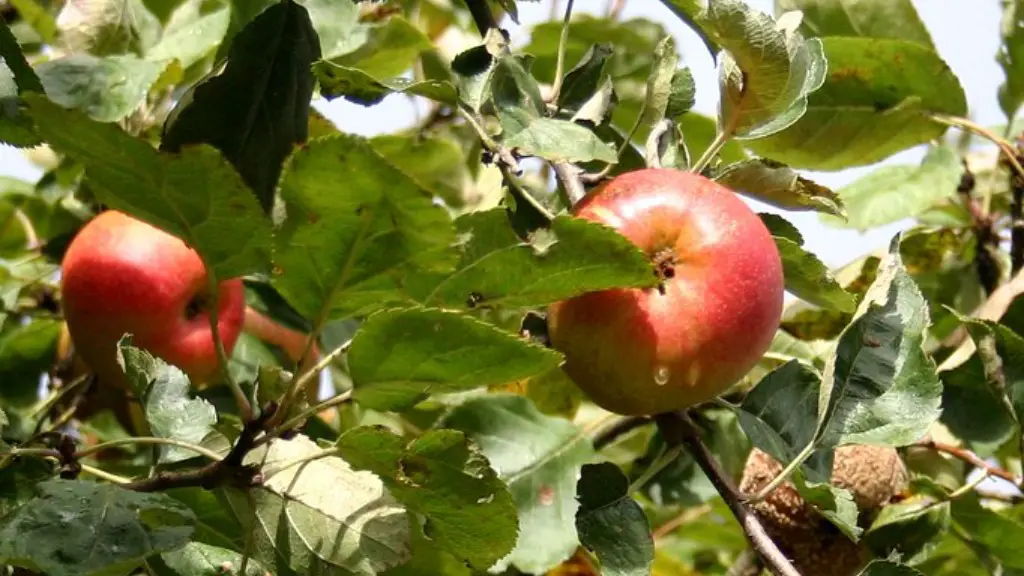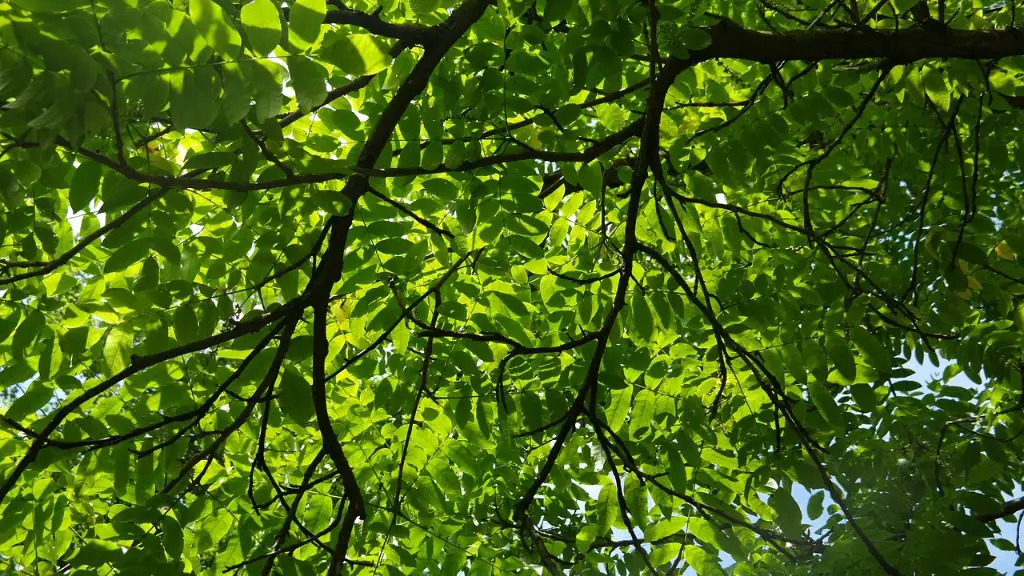Growing a lemon tree at home can be both rewarding and fun. To ensure your lemon tree will bear fruit, knowledge, effort, and patience are required. Here are some tips for getting a lemon tree to fruit.
Location
It is important to select the right spot to plant your lemon tree. Choose an area that receives plenty of sunlight and is sheltered from strong winds. Before you begin planting, you should also consider the soil. Lemon trees prefer a slightly acidic soil, so you may need to amend the soil to create an ideal environment.
Watering
Water is essential for getting a lemon tree to fruit. Water your lemon tree regularly as often as once or twice a week. During the hot summer months, you may need to water more frequently. Make sure not to over water, as lemon trees are susceptible to root rot.
Nutrients
Your lemon tree should receive proper nutrition to stay healthy and produce fruit. Fertilize the tree every couple of months during the growing season, using a citrus-friendly fertilizer. In addition to fertilizer, providing fresh compost will help keep the tree healthy.
Pruning
Pruning your lemon tree helps to promote healthy growth and encourages fruiting. Prune the tree regularly and remove any unhealthy branches or limbs. Prune the lemon tree during the dormant season, removing any dead branches and making sure the tree is well ventilated.
Temperature
Attempting to grow a lemon tree in an area with a temperature that is too hot or cold can cause the tree to not produce fruit. The ideal temperature for lemon tree growth is between 65-75°F, but it can survive temperatures as low as 25°F and as high as 100°F.
Protection
To successfully encourage fruiting, it is important to protect your lemon tree from pests and disease. One of the ways to do this is by using natural pest repellents such as citrus oil or neem oil. If the tree does get a disease, try to remove any infected areas quickly and treat the tree with an appropriate fungicide.
Pollination
Lemon trees are self-pollinating, meaning they don’t necessarily require help with pollination. However, if you want to increase the likelihood of producing fruit, consider hand pollinating the flowers yourself. To do this, take a small brush and lightly brush the male anthers of the flower before brushing the female pistil.
Propagation
If you have favorable conditions, you can propagate a new lemon tree from an existing one by taking a cutting. To do this, take a healthy branch and use a sharp, sterile knife to remove a two to three inch cutting from the branch. Cut just below the node, as this is where the new roots will form. Then, place the cutting in damp, sterile soil and keep it in a warm, sunny spot.
Harvesting
Before harvesting the lemons, keep in mind the maturity of the lemons and the ripeness of the fruit. To do this, check the skin carefully for color and texture. If the skin is rough and pale, the lemon is not yet ripe. Monitor the fruit as they will be ripe when the skin turns a yellow color and it is slightly soft to the touch.
Storage
Once you harvest the lemons, it is important to store them correctly. To maintain the quality, store the lemons at room temperature in a cool and dry place with good air circulation. The lemons should last at least two weeks when stored in this manner.
Tree Care
In addition to the above measures, taking care of the tree is also essential for getting a lemon tree to fruit. Make sure to keep the area around the tree clean and free of debris, weeds, and pests. Mulching around the base of the tree will help to keep the soil moist and retain nutrients.
Pest Control
Pests can be a big problem for lemon trees, potentially blocking off the flow of nutrients and water to the tree. To protect your lemon tree, you should routinely monitor the tree for signs of pests and use an environmentally friendly pesticide if necessary.
Conclusion
Growing a lemon tree and getting it to fruit is by no means an easy task. But with the right knowledge, effort, and patience, you can bring a lemon tree to life and eventually enjoy its sweet fruits.


